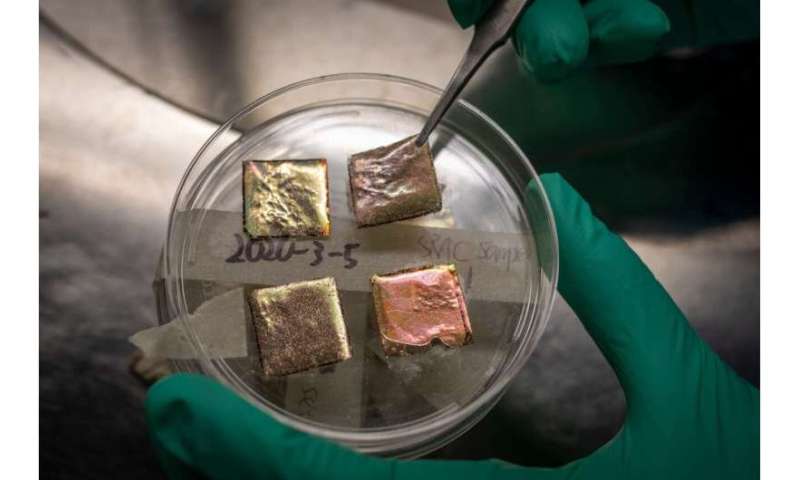Best of Last Week – Who's got your mail, a smart-roof coating, why some COVID infections are more severe

It was a good week for the biological sciences as a team led by Louisiana State University's Jake Esselstyn identified 14 new endemic species of shrews on the island of Sulawesi—the largest number of new species identified in a single effort since 1931. Also, a combined effort by groups from the University of Copenhagen and the Greenland Institute of Natural Resources found that after thousands of years, an iconic whale is confronting a new enemy. Narwhals living in remote parts of the Arctic Ocean are now being exposed to human-made noise as global warming has led to encroachment.
In technology news, a team at MIT sought to understand why deep-learning methods confidently recognize images that are nonsense. And a team at the University of California San Diego, wondered, "who's got your email?" They found that for most people not living in Russia or China, the answer was Google or Microsoft. Also, a team at Toyota Central R&D Labs unveiled a new untethered and insect-sized aerial vehicle with flapping wings and powered with wireless radiofrequency technology. And a team with members from the University of California, Berkeley, Lawrence Berkeley National Laboratory and one from East Bay Innovation Academy, developed a new smart-roof coating that enables year-round energy savings. It helps keep a house cooler during the summer and warmer during the winter and does not require an energy source or produce emissions.
In other news, a team at Yale wondered why are some COVID cases more severe than others. To find out, they engineered what they described as humanized mice. Testing them revealed that that severe cases of COVID-19 may be linked to different kinds of antiviral inflammatory response. Also, a team at Leiden University found that Neanderthals changed their ecosystems 125,000 years ago. And a team at Monash University uncovered a key to how exercise protects against the consequences of aging.
And finally, a team at Oregon Health & Science University found that people who experience breakthrough COVID infections develop super-immunity against all known variants.
© 2021 Science X Network